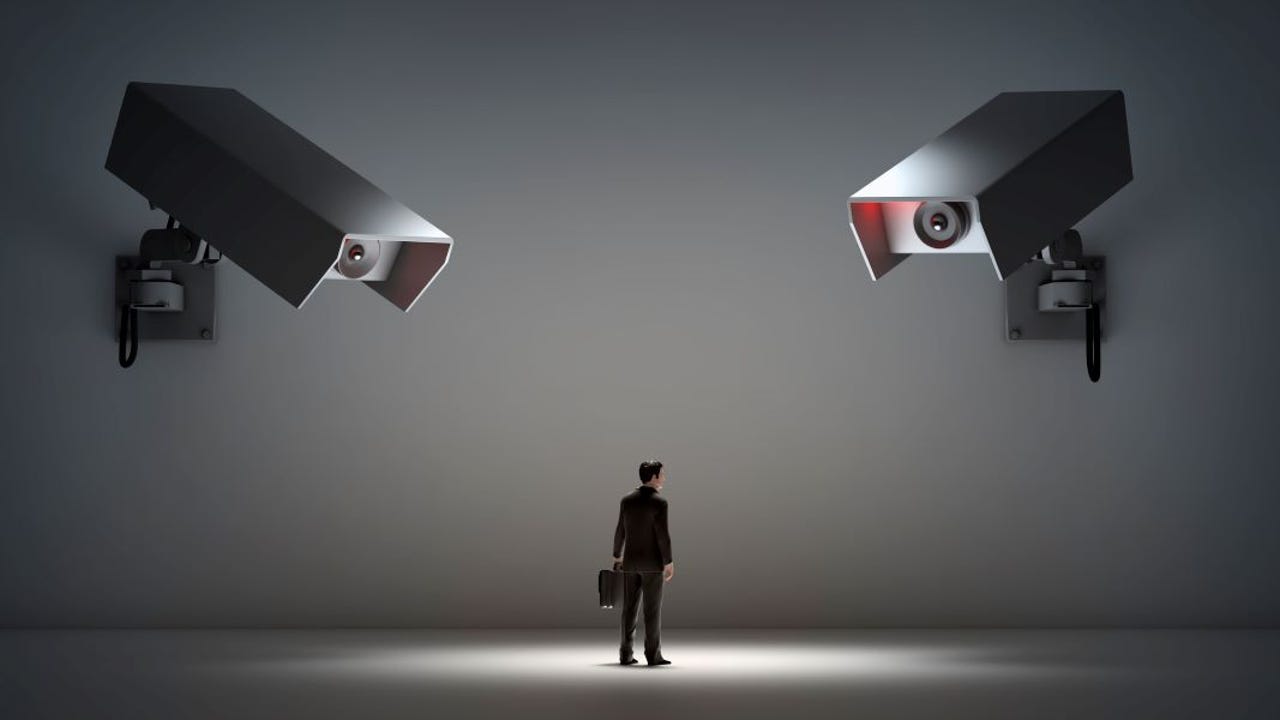'ZDNET Recommends': What exactly does it mean?
ZDNET's recommendations are based on many hours of testing, research, and comparison shopping. We gather data from the best available sources, including vendor and retailer listings as well as other relevant and independent reviews sites. And we pore over customer reviews to find out what matters to real people who already own and use the products and services we’re assessing.
When you click through from our site to a retailer and buy a product or service, we may earn affiliate commissions. This helps support our work, but does not affect what we cover or how, and it does not affect the price you pay. Neither ZDNET nor the author are compensated for these independent reviews. Indeed, we follow strict guidelines that ensure our editorial content is never influenced by advertisers.
ZDNET's editorial team writes on behalf of you, our reader. Our goal is to deliver the most accurate information and the most knowledgeable advice possible in order to help you make smarter buying decisions on tech gear and a wide array of products and services. Our editors thoroughly review and fact-check every article to ensure that our content meets the highest standards. If we have made an error or published misleading information, we will correct or clarify the article. If you see inaccuracies in our content, please report the mistake via this form.
Bosses spying on you? Here's the most disastrous truth about surveillance software


Does it actually work?
It's easy to feel disturbed these days, even if you're still working from home.
more Technically Incorrect
The notifications are constant. The pings ring in your ears, leaving a nasty echo.
And then there's the spying.
When the pandemic struck, companies worried that they couldn't observe their employees in the way they used to. They couldn't loom over them, see how long they took for lunch -- or a bathroom break.
It's frustrating being a boss and not having total control. You're supposed to have it, right? You're the boss.
Also: The rules of work are changing, and hybrid work is winning
Sprightly tech companies came along to offer what these bosses truly needed -- spying software that could remotely track their employees' every single keystroke and body movement.
Why, one tech company insisted it could offer bosses a productivity number for every employee.
Joyously, now that many are (reluctantly) returning to the office, those same bosses are often extending the surveillance software there.
Because it makes bosses feel warm all over. And of course, because it's a wonderfully cost-effective way to force employees into ever-higher levels of productivity.
Or is it?
Also: Workers say they're productive at home. Some bosses don't agree
ZDNET Recommends
I was moved to several levels of total stasis, you see, on reading an exposé about surveillance software in the Wall Street Journal.
It described the varying levels of privacy offered by varying types of software. It explained that Microsoft is one of the companies that doesn't believe simple activity translates into material productivity.
But then it offered the view of two professors -- Valerio De Stefano of Canada's York University and Antonio Aloisi of the IE University in Madrid.
They've written a book called "Your Boss Is An Algorithm." So, many people must feel this is now true.
Their most pungent conclusion, though, about surveillance software is surely the most painful for those who succumb to it every day because they feel they have no choice.
Also: Move over, quiet quitting: 'Quiet firing' is the new workplace trend everyone's worrying about
As Aloisi told the WSJ: "There is definitely no study pointing out that this increases productivity in any meaningful way."
I already hear you mutter that science, like the law, is always too slow for technology's speedy innovations. I hear others of you snort that this may be, but wouldn't it be nice to have objective, peer-reviewed proof that surveillance technology makes humans more productive?
Also: What is disruptive innovation? Understanding how big changes happen fast
ZDNET Recommends
There is, it seems, some scientific evidence that the reverse may be true.
But, think of the basic human psychology. Are you ever at your best when you know you're being spied on? Do you offer the best version of yourself when you're aware that every single movement you make is being recorded? It's not easy to dance as if no one's watching.
Or could it be that you're at your most productive when you work for people who trust your talent and judgment?
There's another aspect, too. What does it say about managers' ability to manage if they have to constantly surveil those they manage? Might this suggest a lack of confidence in their management skills? Or even a simple lack of their management skills?
I wonder who'll invent surveillance software that only works for a certain time and then declares, "Yup, this employee can totally be trusted to get on with it by themselves. Switching off the surveillance now."
Wouldn't that at least have a chance of being productive?